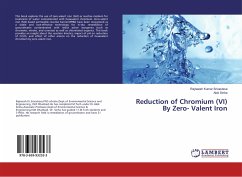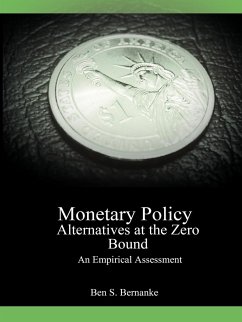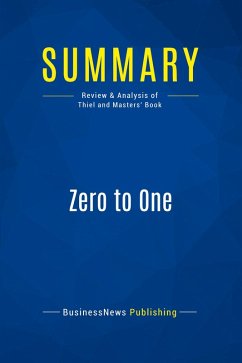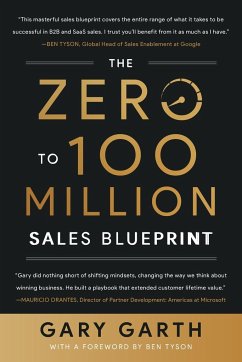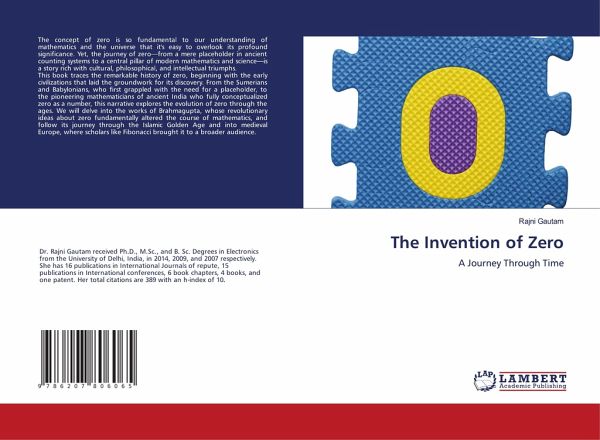
The Invention of Zero
A Journey Through Time
Versandkostenfrei!
Versandfertig in 6-10 Tagen
29,99 €
inkl. MwSt.

PAYBACK Punkte
15 °P sammeln!
The concept of zero is so fundamental to our understanding of mathematics and the universe that it's easy to overlook its profound significance. Yet, the journey of zero-from a mere placeholder in ancient counting systems to a central pillar of modern mathematics and science-is a story rich with cultural, philosophical, and intellectual triumphs.This book traces the remarkable history of zero, beginning with the early civilizations that laid the groundwork for its discovery. From the Sumerians and Babylonians, who first grappled with the need for a placeholder, to the pioneering mathematicians...
The concept of zero is so fundamental to our understanding of mathematics and the universe that it's easy to overlook its profound significance. Yet, the journey of zero-from a mere placeholder in ancient counting systems to a central pillar of modern mathematics and science-is a story rich with cultural, philosophical, and intellectual triumphs.This book traces the remarkable history of zero, beginning with the early civilizations that laid the groundwork for its discovery. From the Sumerians and Babylonians, who first grappled with the need for a placeholder, to the pioneering mathematicians of ancient India who fully conceptualized zero as a number, this narrative explores the evolution of zero through the ages. We will delve into the works of Brahmagupta, whose revolutionary ideas about zero fundamentally altered the course of mathematics, and follow its journey through the Islamic Golden Age and into medieval Europe, where scholars like Fibonacci brought it to a broader audience.





